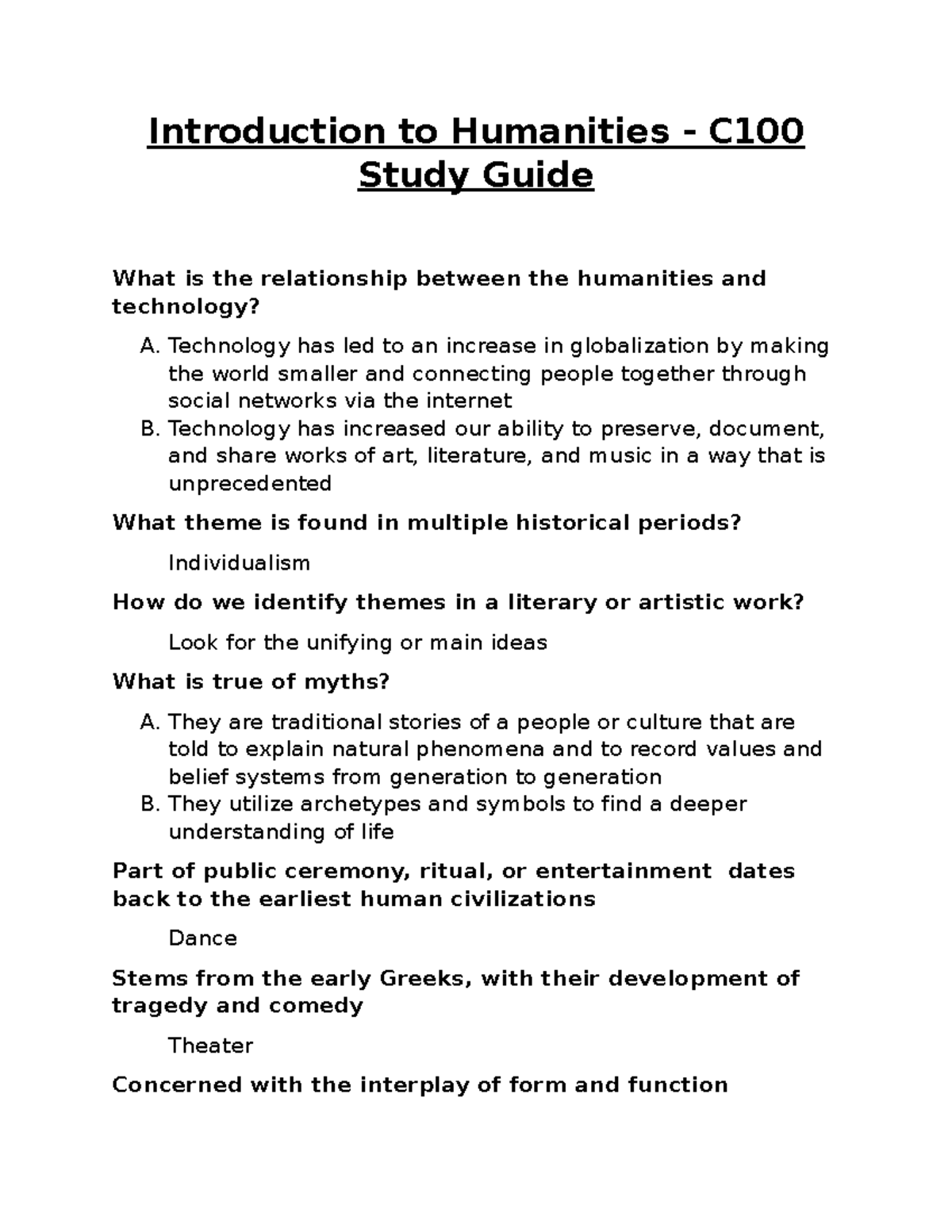Patricia Lockwood stands out as a remarkable voice in contemporary literature, skillfully blending the realms of the internet and long-form fiction. In her novel, “No One Is Talking About This,” Lockwood explores the complexities of online personas through the lens of a social media star faced with a family crisis, challenging the traditional boundaries of storytelling. Her unique upbringing and sharp wit allow her to craft characters that resonate deeply with readers, providing insight into the often overlooked intersection of reality and digital life. As literary criticism increasingly embraces the influence of social media characters, Lockwood’s work serves as a critical commentary on how technology shapes narrative and identity. With her bold approach to addressing the internet in literature, Lockwood has redefined the expectations of a modern novelist.
In discussing the influence of technology on storytelling, Patricia Lockwood delves into the intricate dynamics of how our digital lives inform our literary experiences. The concept of the internet as an extension of real life is pivotal throughout her works, particularly in her acclaimed Patricia Lockwood novel that scrutinizes the emotional impact of social media on personal relationships. This dialogue encapsulates a growing trend in literary criticism, where the portrayal of social media characters becomes a crucial avenue for exploring contemporary society. Lockwood’s fascinating insights invite readers to reconsider the place of long-form fiction within an age dominated by fleeting online content, ultimately arguing that the novel remains a vital space for profound reflection and connection.
The Internet as a Literary Landscape
The rise of the internet has significantly transformed the literary landscape, as seen in the works of authors who embrace the narrative possibilities of online interactions. Patricia Lockwood’s novel, ‘No One Is Talking About This,’ exemplifies this shift, as it intricately weaves the complexities of social media into the fabric of long-form fiction. This blending of realities challenges traditional notions of what constitutes a narrative and reflects the lives of characters shaped by their digital personas. Such representations invite readers to explore the blurred lines between online behavior and real-life identity.
Moreover, Lockwood’s emphasis on the internet as a valid subject for literature opens the door to critical discussions around contemporary storytelling. Many classic literary critics often overlook works that embrace social media themes, deeming them trivial or unworthy. Yet, as Lockwood argues, recognizing the internet as part of ‘real life’ is crucial for understanding modern human experiences. Her works push the boundaries of literary criticism, urging scholars to reconsider how they evaluate the impact of online interactions on character development and narrative structure.
Patricia Lockwood’s Unique Perspective
Patricia Lockwood’s experiences and background provide a distinct viewpoint on the intersection of literature and the internet. Growing up in a cloistered environment allowed her to hone her observational skills, vital for crafting authentic social media characters in her novels. As she articulates, capturing dialogue and speech patterns is pivotal for character development. This focus reflects a broader trend in contemporary literature, where character authenticity is often measured by how accurately they represent the complexities of modern life, including the influence of digital communication.
Her perspective is further enriched by her ability to blend personal narrative with a critique of societal norms. Lockwood often reflects on her upbringing and its impact on her writing style, emphasizing that her characters are not only products of external contexts but also of deeply personal experiences. This duality in her work showcases how the internet, as a medium for communication and personal expression, can shape both fictional realities and the author’s voice.
Crafting Characters in a Digital Age
Lockwood’s approach to character creation is intricately linked to her personal experiences and the broader context of our digital society. By drawing inspiration from real-life dialogues and interactions, she has mastered the art of developing multi-dimensional characters that resonate with readers. This is especially important in an era where social media often dictates how we perceive ourselves and others. Lockwood’s willingness to delve into the speech and mannerisms of those around her allows her to reconstruct authentic voices that exist within her narratives.
Moreover, her acknowledgment of the limitations in understanding one’s characters internally highlights the evolving nature of character-centric storytelling. Lockwood illustrates that, in a world dominated by online communication, multi-faceted character portrayals can transcend traditional literary boundaries. As authors like Lockwood navigate this new terrain, they challenge conventional literary criticism and redefine how we perceive character development in long-form fiction, making it relevant in the context of digital identities.
Literary Criticism in the Age of Micro-Content
In her engaging discourse, Lockwood emphasizes the role of literary criticism amid the saturation of micro-content competing for readers’ attention. She argues that while brief online formats may not dictate the essence of literature, they nevertheless influence public perception of long-form narratives. By presenting her critical assessments with a blend of honesty and depth, Lockwood invites readers and critics to engage with literature in a more meaningful way, elevating the discourse surrounding both judgment and appreciation of contemporary works.
This perspective is particularly relevant as new literary forms emerge in response to changing audience preferences. Lockwood asserts that the appetite for substantial, immersive storytelling persists, even in an age characterized by fleeting content consumption. This acknowledgment encourages a reassessment of how literature can adapt to modern dynamics without losing its inherent capacity to provide solace and depth, challenging the notion that novels can’t thrive alongside micro-content.
The Importance of Authentic Representation
Lockwood’s insights reveal the importance of authentic representation in storytelling as she dissects the interplay between online lives and literature. She asserts that understanding the nuances of digital communication is vital for crafting credible narratives that reflect the real experiences of individuals grappling with their identities in a hyper-connected world. Through her nuanced portrayals, Lockwood advocates for a literary landscape where authenticity prevails, allowing characters to embody the complexities and struggles of contemporary existence.
Additionally, by valuing dialogues and exchanges as fundamental to character development, Lockwood illustrates that literature must evolve alongside societal changes. This commitment to genuine representation challenges writers to incorporate the idiosyncrasies of social media into their work, fostering a literary environment where characters resonate with readers on a personal level. Through her work, Lockwood champions the relevance of fiction in evoking the richness of human experience, even as it intersects with digital realities.
Exploring the Realities of Online Personas
Lockwood’s exploration of online personas reveals underlying truths about identity formation in the digital age. In her novel, she illustrates how social media serves as both a stage and a mirror for individuals, reflecting their constructed selves while simultaneously influencing their real-life interactions. This duality poses critical questions about authenticity and self-representation, urging readers to confront their own digital identities and the complexities that arise from them.
By integrating such themes into her work, Lockwood not only captivates her audience but also stimulates broader conversations about the implications of our online lives. The realities of social media characters compel both readers and writers to examine the ways in which narrative structures can accommodate the multiplicity of identities we navigate daily. As we engage with her texts, we gain valuable insights into the formation of self in the age of the internet, making her contributions to literature exemplary of the current cultural zeitgeist.
Navigating Long-form Fiction’s Future
In a world increasingly consumed by micro-content, Lockwood’s reflections on the enduring value of long-form fiction resonate loudly. She asserts that novels possess a unique ability to create and satisfy reader appetites through rich storytelling and deep character engagements. Such perspectives challenge the notion that long-form narratives are outdated or irrelevant in an era fixated on brevity and immediacy. Instead, she encourages writers to remain steadfast in their commitment to complex narratives that explore the human experience.
Lockwood’s belief in the power of literature to offer solace amidst fragmentation serves as a clarion call for authors facing the pressures of the digital age. As a writer, her dedication to exploring the depths of human emotion and experience continues to demonstrate that well-crafted novels can still thrive in an environment where attention spans are finite. In embracing the richness of long-form fiction, Lockwood and her contemporaries inspire a new generation of readers to appreciate the depth and breadth of literary storytelling, irrespective of the prevalence of micro-content.
Redefining Literary Standards Through Dialogue
Lockwood’s emphasis on dialogue as a foundational element in her writing exemplifies a shift in how literature can be approached. By prioritizing the sound and dynamics of conversation, she creates textured characters that transcend mere plot points, enriching the reader’s experience. This focus not only aids in authentic representation but also invites readers to immerse themselves in realities that reflect their experiences in the digital space.
As literature evolves, Lockwood champions the notion that dialogue can redefine literary standards, encouraging writers to experiment with language and structure as they reflect the intricacies of modern communication. In doing so, she elevates the discourse surrounding character development and inspires fellow writers to explore how dialogue shapes not just characters, but also narratives that resonate with the complexities of contemporary existence.
Patricia Lockwood’s Impact on Literary Discourse
Through her unique perspectives and compelling writing style, Patricia Lockwood has significantly impacted literary discourse. Her ability to articulate the nuances of online life within the framework of literature challenges established norms and encourages deeper engagement with contemporary themes. Critics and readers alike are increasingly drawn to her work, as it bridges the often-disjointed realms of internet culture and traditional storytelling.
Lockwood’s contributions highlight the necessity for literati to adapt their frameworks in evaluating and appreciating modern fiction, especially in light of its digital influences. Her insights not only invite a reassessment of what constitutes literary merit but also challenge the boundaries that separate high art from the prevailing trends of social media, paving the way for a more inclusive understanding of literature in the internet age.
Frequently Asked Questions
What are the main themes in Patricia Lockwood’s novel ‘No One Is Talking About This’?
In ‘No One Is Talking About This’, Patricia Lockwood intertwines themes related to the internet and real-life experiences, focusing on a social media star whose online identity is disrupted by a family crisis. The novel explores the intersection of digital existence and personal reality, posing questions about authenticity and the importance of connection in an age dominated by social media.
How does Patricia Lockwood approach character development in her novels?
Patricia Lockwood emphasizes the importance of dialogue in character development. She notes that capturing speech patterns and unique expressions allows her to create vivid characters. Through her meticulous attention to how characters interact verbally, Lockwood brings complexity to their personalities, enhancing the reader’s connection to them.
Why does Patricia Lockwood think the internet is relevant in literature?
Patricia Lockwood believes that the internet is a vital aspect of contemporary life, which should not be dismissed in literature. She argues that acknowledging the internet as part of real life allows authors to explore modern characters and situations authentically, as seen in her works that deal with social media’s impact on identity and relationships.
What insights does Patricia Lockwood offer about writing long-form fiction in today’s digital age?
Patricia Lockwood asserts that while micro-content and brief interactions have influenced reading habits, long-form fiction still has its place. She believes that novels can cater to those who seek depth and solace, proving that readers still crave substantial narratives despite fast-paced digital content.
How does Patricia Lockwood utilize literary criticism in her writing process?
Patricia Lockwood engages in literary criticism as a way to explore and understand other writers’ minds. She views it as a form of creative exercise, allowing her to draw inspiration from different literary styles and perspectives, which ultimately enriches her own writing.
What influences shaped Patricia Lockwood’s writing style?
Patricia Lockwood’s writing style has been shaped by her ‘cloistered’ upbringing and her independent exploration of literature. Her unique experiences observing life and her unencumbered study of texts allow her to craft a distinct literary voice that merges humor, insight, and a deep understanding of human nature.
In what ways does Lockwood’s writing address social media culture?
Lockwood’s writing not only references social media culture but also critiques and examines its effects on personal identity and society. By creating characters deeply rooted in the internet age, she invites readers to reflect on their online interactions and the implications of digital life on real-world relationships.
What is the significance of dialogue in Patricia Lockwood’s characters?
Dialogue is crucial in Patricia Lockwood’s character development as it reveals personality and dynamics without needing extensive internal thoughts. Her skillful reproduction of speech patterns allows readers to feel an authentic connection with her characters, enriching the narrative experience.
| Key Takeaways |
|---|
| Patricia Lockwood emphasizes the reality of the internet in personal identities and storytelling. |
| Her novel ‘No One Is Talking About This’ challenges perceptions of online existence. |
| Lockwood captures characters through their dialogues, inspired by her family upbringing. |
| Her writing style is influenced by her observations from a cloistered upbringing. |
| Lockwood’s literary criticism combines personal experience with a free exploration of texts. |
| She advocates for the novel as an enduring form amidst the challenge of micro-content. |
Summary
Patricia Lockwood has adeptly articulated the conversation around the intersection of real life and the internet, challenging the cultural discomfort surrounding this overlap. Her insights not only highlight the intricacies of character development shaped by personal experiences but also affirm the relevance of long-form writing in a world increasingly dominated by brevity. By probing these themes, Lockwood has positioned herself as a key voice in contemporary literature, illuminating the depths of human connection in an ever-evolving digital landscape. Whether through her novels or critical essays, she compels readers to reconsider how they navigate their identities online.



